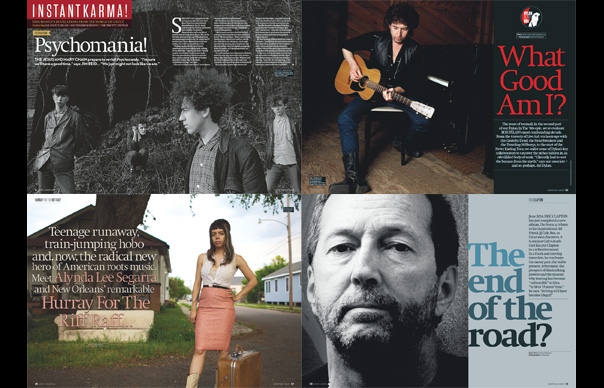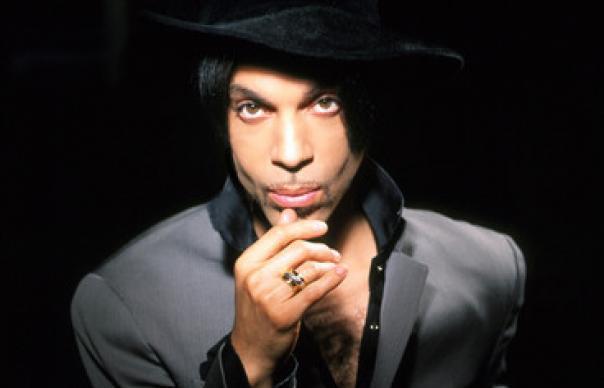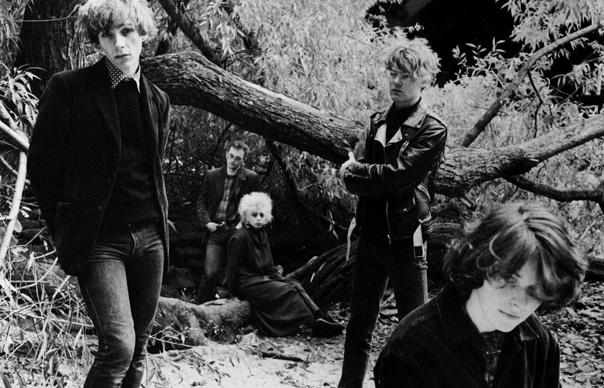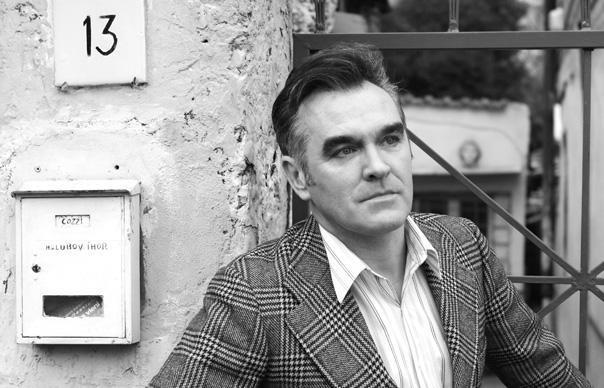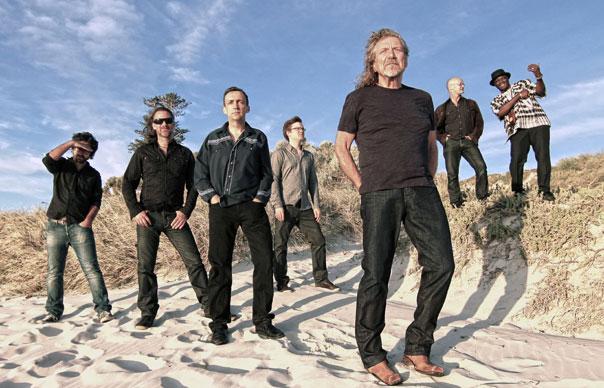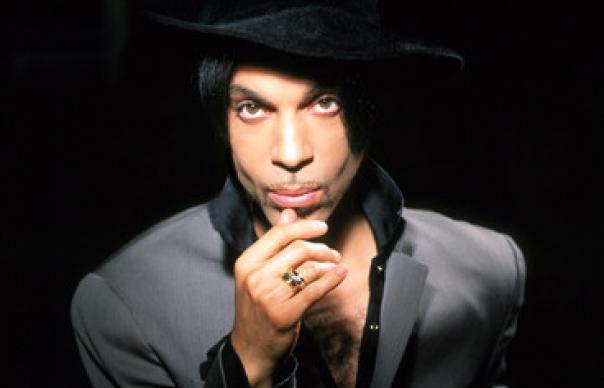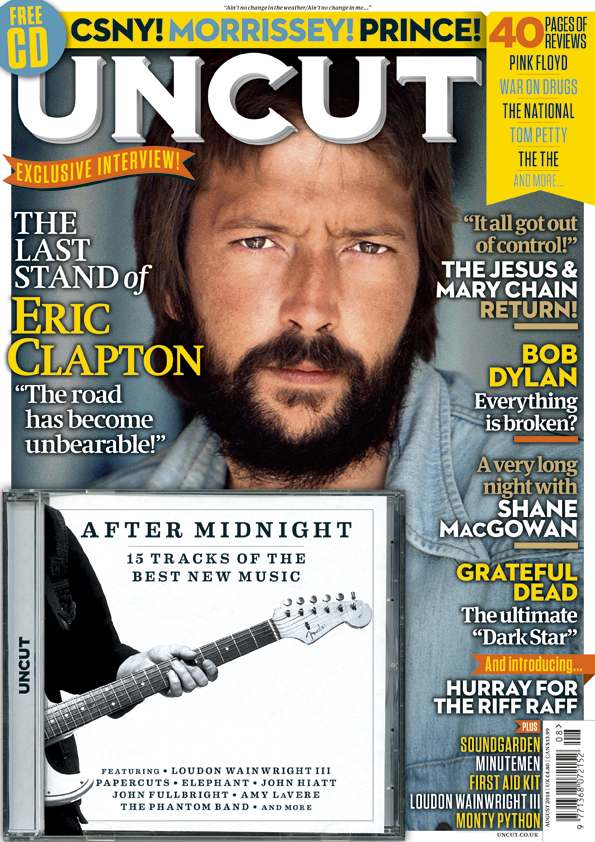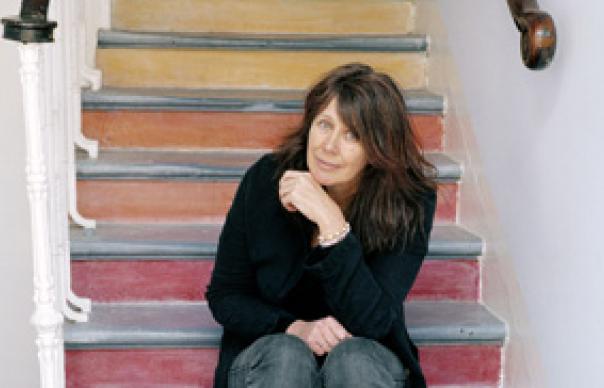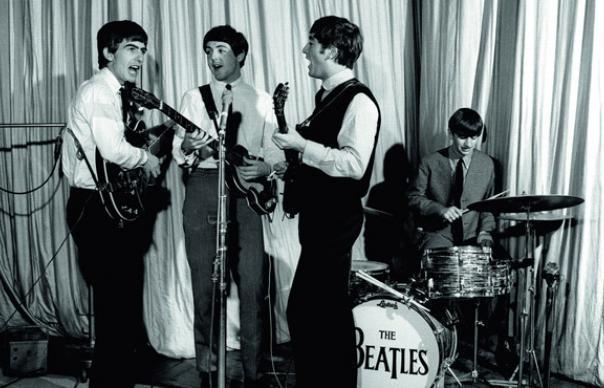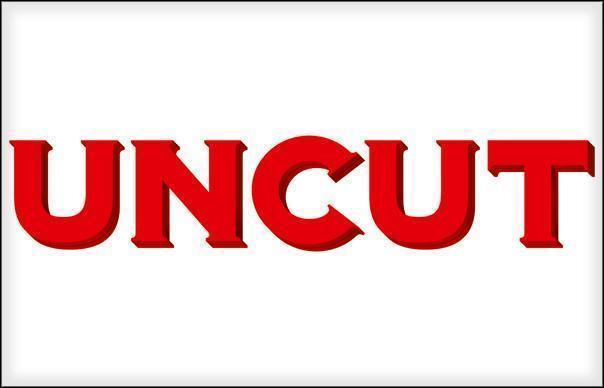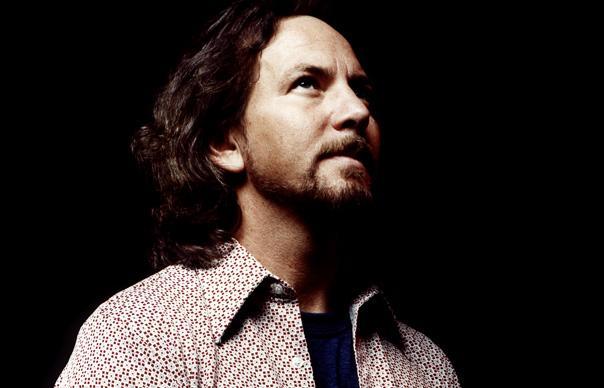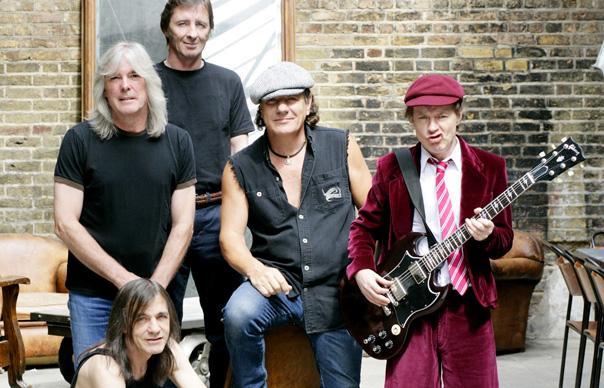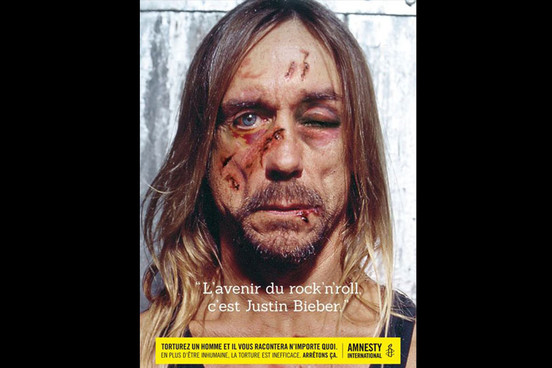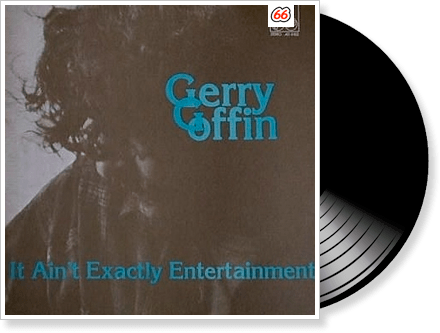Edwyn Collins has just performed at Queen Elizabeth Hall in London as part of this year’s Meltdown festival – here, in a fascinating feature from Uncut’s April 2010 issue (Take 155), the tale of Collins’ Orange Juice is told by the man himself alongside the group’s other members. Get ready for a tale of wilful perversity, vicious in-fighting, pant-wetting on TV and how Edwyn Collins “traded in all our equity for a funny bassline”… Words: Alastair McKay
___________________
Edwyn Collins was 15 when he joined his first band, a bunch of Dundee heavy rockers called Onyx, as their banjo ukulele player. The schoolboy Collins had, in fact, come up with the band’s name. “They said, ‘We want something that’s very hard and rock.’ Well, here’s a very hard rock: onyx.”
“They kicked me out, because they didn’t need a banjo ukulele player. I still can’t understand it,” says Collins. “I got the Burns guitar when I was 16. I got it for £20. I didn’t really want to be a pop star. I was striving for something interesting. I practised daily for months and years, chord shapes and such like. None of that pop star rubbish.”
Within a few short years, however, Collins had met up with a crowd of like-minded Glaswegian musicians, formed a band who more or less defined the sound of indie music, stumbled elegantly through cultdom and ended up, briefly, as a pop star, of all things. Today, Collins and his wife/manager Grace Maxwell are sitting in his north London studio trying to remember how it felt when Orange Juice finally had a hit.
It is 27 years since the sinewy pop of “Rip It Up” illuminated the Top 10 and made unlikely pop stars of Orange Juice. Collins’ recollection, however, is hampered by two things. There is the difficulty with speech: as a side-effect of the two brain haemorrhages which almost killed him in 2005, he sometimes has difficulty with communication. A more benign side effect, though, is his impatience with nostalgia, preferring to focus on the future. So, to Collins’ evident amusement, it falls to Grace to tell the story of Orange Juice’s brief flirtation with the charts.
“You were wearing clothes that were much more suited to a Smash Hits band,” she says. “People were taking pictures of you and it looked like somebody had scrubbed your face with a Brillo pad. I remember the tour around that time, you going out onstage, and suddenly there’s packs of little girls screaming ‘Edwyn! Edwyn!’ Now, where every other bugger can cope with that, Edwyn comes out, and he goes, ‘Well, you can cut that out right away.’”
___________________
In 1976, Edwyn Collins fetched up at Bearsden Academy in Glasgow. The days of Onyx long behind him, he replied to an ad in the fanzine Ripped & Torn: “New York group forming in Bearsden.” It had been placed by The Nu-Sonics, a bedroom band featuring Steven Daly (the original vocalist, who switched to drums), and guitarist James Kirk. Collins soon became the frontman, and brought along a college friend, David McClymont. “Edwyn looked like a fish out of water,” remembers McClymont, now living in Australia and working for Lonely Planet guides. “He was wearing straight grey flannel trousers, black Oxford shoes, a tartan shirt and an anorak with a hood. He was tall and lanky, and he really stood out. When you’d walk down the street with Edwyn in Glasgow, people would stare. It was like they were looking at someone from Mars.”
“There was nothing trendy about what we were doing in Glasgow,” explains Collins. “It was quite a menacing place, which I hated. Back in Sauchiehall Street I used to be scared, especially in the Nu-Sonics days. Because I looked different.”
By summer, 1979, The Nu-Sonics had morphed into Orange Juice. “I remember when I was 18 walking along the beach at Brora in Sutherland,” says Collins, “thinking it’s time to develop, that’s not good enough, it’s crap. I was 17 when I wrote [1980 single] ‘Blue Boy’. It’s crude, the chorus is crude, but I was thinking, ‘I’m 17, I need to get better than this…’”
By then, too, Collins had become friends with Alan Horne, the former singer with Glasgow punk band Oscar Wild, and a would-be Svengali who styled himself after Andy Warhol. Horne and Collins co-founded Postcard Records, operating out of Horne’s flat in West Princes St. Beginning in February 1980 with Orange Juice’s debut single, “Falling And Laughing”, Postcard’s initial run of a dozen 7” singles – each one produced on a shoestring budget and packaged in a hand-folded sleeve – provided the model for indie labels from Creation onwards. Crucially, Postcard gave a platform to local post-punk bands – “The Sound Of Young Scotland” – whose rattly, lo-fi charms would later be embraced by The Smiths, Primal Scream and the C86 bands on to Belle And Sebastian and Franz Ferdinand.
“The Postcard flat was an exciting place to be,” says Ken McCluskey, then vocalist with Orange Juice’s Glasgow contemporaries, The Bluebells. “With people making posters and folding record sleeves and listening to Chic or Stax and Northern Soul records on repeat. If Horne was Andy Warhol to Edwyn’s Lou Reed, Postcard was the Factory.”
Orange Juice’s four singles for Postcard – “Falling And Laughing”, “Blue Boy”, “Simply Thrilled Honey” and “Poor Old Soul” – had little in common with either punk’s macho swagger or the earnestness of post-punk: Collins was as big a fan of George McRae’s “Rock Your Baby” as he was of The Byrds and The Lovin’ Spoonful. According to Steven Daly – now a contributing editor to Vanity Fair in the States – similarities between the guitar on The Velvet Underground’s Live ’69 album and the rhythmic chopping of Chic proved equally influential. “We weren’t being arch,” says Daly. “It was just love of music that didn’t recognise any boundaries.”
Just as important, though, were Collins’ lyrics and the manner in which he delivered them. Mining conspicuously English tropes and mannerisms, Collins’ songs were often tales of unrequited love where the resigned narrator might find himself sighing, “I’ll never be man enough for you,” delivered in a bashful, slightly camp manner. Indeed, when judged by the efforts of their imitators, Orange Juice were often described as fey. Actually, they were deliberately confrontational.
“In 1981, we went on tour with The Undertones,” says Collins. “There was a load of skinheads, and the minute we’d come onstage they’d shout ‘Poofs!’ And we’d shout back: ‘Hare Krishna.’ Rather than go into denial, we’d camp it up, just to annoy people. Of course, later, once we were preaching to the converted, it was time to change course.”
Given little encouragement in Glasgow by a music establishment that favoured big-lunged blues singers like Frankie Miller, Orange Juice looked south for an audience.
“Alan would borrow his dad’s Austin Maxi and we’d drive to London,” says Collins. “We’d knock on the door of Cosmopolitan or NME and do the hard sell. When ‘Falling And Laughing’ came out, we went to the BBC, and Alan demanded to see John Peel. There had just been the Liverpool thing with the Bunnymen, and the Manc thing centred round Factory, and Alan said to Peel: ‘That’s all over. Get with the times, move further north to Scotland to hear the future’. He could be very convincing, but Peel later said ‘a horrible truculent youth’ had badgered his way into Peel Acres”.
Alan Horne may have been an effective standard-bearer for Postcard, but he’s now viewed ambivalently by the group. The good-natured Collins refuses to talk to Horne because of some unspoken slight. “There’d never have been an Alan Horne if there hadn’t been an Edwyn Collins,” explains David McClymont. “And Alan was aware of that. He was riding on the shoulders of Edwyn’s talent.”
For all the plaudits, Orange Juice’s Postcard singles never sold more than 2,000 copies. This was not, perhaps, the Glasgow Stax that Horne and Collins had envisaged: Horne spent the profits from “Falling And Laughing” on fish’n’chips and knickerbocker glories. “A thorn in our side was the way people would unremittingly refer to us as ‘perfect pop’,” says Steven Daly. “We were aware that you couldn’t be pop unless you were actually popular.”
“Edwyn was quite immature and could act on a whim. As could they all. Alan was terribly impetuous,” notes Grace Maxwell.
“We just thought, ‘Oh shit, Alan’s making it up as he goes along,” says Daly. “This week he’s in love with Aztec Camera or The Bluebells.”
Exasperated by Horne, Orange Juice left Postcard in October 1981 for Polydor. They shelved a set of demos (released as Ostrich Churchyard in ’92) and re-recorded much of the work in cleaned-up fashion as their debut, You Can’t Hide Your Love Forever, released February 1982. The LP had considerable charm – James Kirk’s “Felicity”, and Collins’ “In A Nutshell” were gems of playful lyricism that managed to exude both vulnerability and toughness at the same time – but Adam Kidron’s production lacked the chaotic energy of the Postcard 45s. Daly, though, suggests Kidron used it as a showreel for his talents, adding horns and strings, while neglecting the core group.
“The most pernicious sign of that was the Al Green song, ‘L.O.V.E. Love’ [the first single taken from the album],” Daly explains. “Kidron talked Edwyn into that. I didn’t even think it was one of Al Green’s good records, and I certainly didn’t think we could add anything.”
“I was happy with the sound of the record,” counters Collins. “Al Green likes that version. It’s not in tune, though.”
Soon after the album’s release, Collins recruited guitarist Malcolm Ross from former Postcard labelmates, Josef K. “The thing about Orange Juice, the relationships were very dysfunctional,” remembers Ross. “I can remember Steven [Daly] and Alan [Horne] rolling about, physically fighting.” His arrival coincided with Collins’ growing frustrations with James Kirk. Although writing material for the band, Kirk had an obstinate streak, which Collins considered to be “unprofessional”.
“Going from being this little band putting a single out and hoping someone will vaguely understand what you’re getting at, to playing to 2,000 people is a big change,” explains Daly. “It brought out in James a certain perversity. It sounds petty, but it was things like not shaving. He might have worn a Barbour jacket onstage.”
Grace: “James had no notion of how brilliant he was, or how strong a character he was in the group. If people cite him as the one that made Orange Juice particularly interesting, I would agree with them every time.”
Frustrated by the in-fighting between Collins and Kirk, Ross and McClymont decided to leave, offering Collins the option of joining them. He did, first sacking James Kirk, then Steven Daly. “They wanted to get rid of James,” says Daly. “And I said: ‘You can’t do that, he is Orange Juice’. James was a very sensitive guy, and the band was most of what he had. I just thought it would be very damaging to cut him adrift. So Edwyn called back later and said: ‘OK, you can go as well.’”
“It must have been very hard for Edwyn,” adds Ross. “But he made his choice. I know he’s regretted it lots of times. He was at school with Steven and James. It looks like I’m the guy who came in and broke up the group, and I suppose I did. But he could have just said: ‘No, I want to keep the original Orange Juice going.’”
“We wanted to get popular,” continues Daly. “And Edwyn wanted to get popular faster than anyone, because he ripped it up and started again and made a novelty hit. He traded in all our equity for a funny bassline.”
___________________
With a new, Zimbabwean-born drummer Zeke Manyika in place, Orange Juice set about recording their second album. With some of the band’s quirks gone the way of Kirk, producer Martin Hayles allowed Collins to bring his love of disco to the fore, resulting in a slicker and funkier sound. Tensions, though, remained.
“I’d say to Edwyn, ‘Do you really think we have to have a Fender Rhodes piano on every song?’” recalls Ross. “He would say, ‘Well, we’ve got a snare drum on every song.’”
Rip It Up was released in November ’82, and received the first bad reviews Orange Juice had ever received. “It was too much of a jump for fans who liked the shambolic underground sound of the early records,” says Manyika.
“We were rehearsing for the tour on the day, and Edwyn was sitting on the floor reading the reviews,” recalls Ross. “He said, ‘Do you realise how bad this is?’ Josef K had had a few scathing reviews, so I said, ‘Well, what can we do about it?’ Also, the reviews were saying: ‘It’s a bit bland, having a Fender Rhodes on every track.’”
The brazenly poppy “I Can’t Help Myself” had seemed like a certain hit, but while that failed, the nagging rhythms of the title track took Orange Juice to the mass audience they imagined they deserved. “Rip It Up” peaked at No 8 in February 1983, with the band managing one commendably irreverent Top Of The Pops performance, where McClymont decided to make things more interesting by molesting Jim ‘Foetus’ Thirlwell, who was on a podium miming the record’s sax solo.
“David started headbutting Foetus,” says Collins. “I could hardly sing for laughing.”
“We insisted that we didn’t want the dancing girls doing the ripping-up paper dance,” recalls McClymont. “As the day went on and we had more to drink we got more insistent. Having Jim around also meant there was a supply of speed, so by the time we appeared I was very highly strung. The performance is a blur, but I remember that as soon as I saw the dancing girls ripping up paper, I lost it. When Edwyn and I were pulled up before the label bosses the next day – both of us trying not to burst out laughing at the ludicrousness of it all – they were all doom and gloom saying the single would fall out of the charts because of my abominable behaviour. The following week it went up three or four places.”
“We were in trouble with the BBC, the record company was pissed off, and they were saying we’d never be on Top Of The Pops again,” laughs Ross. “Self destruct!”
“We had to do this Sunday morning performance for another TV show,” says McClymont. “I got drunk early, and I was goosestepping around the stage, wearing a black trench coat, and Edwyn laughed so much he wet himself. All the girls in front of the stage were going: ‘He’s wet himself!’ And he had! Not many pop stars do that.”
The follow-up to “Rip It Up”, “Flesh Of My Flesh”, fell just short of the Top 40 and, as 1983 progressed, Orange Juice continued trying to derail their mainstream popularity. “There was a huge paranoia about selling out in bands like Orange Juice,” says Collins.
Accordingly, he called in reggae producer Dennis Bovell for their next recordings, which became the Texas Fever mini-LP (February 1984). The sound itself was carefree, almost as if having a hit and then laughing about it had loosened Collins’ creativity. The funk and disco influences were balanced with a wiry, left-field rock sound – but there was pop, too. Collins’ “A Place In My Heart” was a great soul ballad, everything the wobbly cover of “L.O.V.E. Love” aspired to be. Creatively, the group seemed to be working, but it was still divided, with Manyika on Collins’ side, and Ross and McClymont on the other.
“I needed to get on with things,” says Collins. “To develop the guitar, and all that. I needed to experiment and try different ideas. It was a rough sound, and no-one was doing that.”
But Collins, it seemed, was growing out of the group. “There are similarities between Edwyn and Paul Weller,” notes Manyika. “If you look at what Weller is doing now and what he had to go through to get there. There’s no shortcuts. You have to go through these things to find out what your strengths are.”
The final LP, The Orange Juice [November 1984], also produced by Bovell, essentially marked the start of Collins’ solo career. The relaxed relationship between the two men finally resolved the tension between Collins’ quirkiness and his pop sensibility, with Bovell adding dub flourishes to the classic Collins lyric, “I Guess I’m Just A Little Too Sensitive”. There was also another hit-that-wasn’t, in the archly playful “What Presence?!”. It marked, too, a new confidence in Collins’ singing. “Edwyn has as distinctive a voice as any instantly recognisable singer, like Rod Stewart or John Lennon,” says Bovell. “I understood how he wanted to sound, and was patient enough to allow him to relax to get his full range to work for him.”
“I liked The Orange Juice, the last one,” says Collins. “‘What Presence?!’ is great. ‘Salmon Fishing In New York’ was great, also. It’s more or less a solo album – Zeke was there for three days. Sometimes Dennis played everything. Of course, it was all over by that time.”
Certainly, as fast as he appeared to be shedding band members, Collins was also fighting a losing battle against Polydor, increasingly dissatisfied with the band’s apparent inability to provide the label with another “Rip It Up”-sized hit.
“When I started managing him, Edwyn was loathed inside Polydor,” recalls Grace Maxwell. “Loathed. Edwyn saw through everything. By this time, you had a huge amount of contempt for the label system. It was really funny – everything they said, every cliché, Edwyn would spin it round and chuck it back at them.”
The end, when it came, was something of an anti-climax. “It never actually ended,” explains Manyika. “It just fizzled out. Edwyn and I went for a beer, and we said – ‘Shall we split the band?’ It was like we were doing something really naughty.”
Orange Juice’s final gig took place at Brixton Academy on January 19, 1985. Under the banner Coal Not Dole, it was part of a benefit for striking miners, with Everything But The Girl and Orange Juice’s former Postcard labelmates Aztec Camera also on the bill. What should have been an evening of solidarity for the miners swiftly descended into farce, as the various managers argued about who should headline. “To stop the aggravation,” remembers Manyika, “we went on first.”
Collins chose this as his chance to announce the end of the band live onstage, marking Orange Juice’s passing with a rendition of “Rock And Roll (I Gave You The Best Years Of My Life)”. As was the way with Orange Juice, it was sincere, ironic, funny and, finally, sad.
“I don’t think Edwyn wanted to be a pop star,” says Manyika. “He just wanted confirmation. He got disappointed, of course: we had a lot of singles that went to the edge of the Top 40. But he had a strong punk ethic, where if everything became too smooth, he liked to fuck it up.”
On November 22, 2008, Edwyn Collins, David McClymont, Steven Daly and James Kirk (the latter now a chiropodist) spent a day together in Glasgow. They visited the West Princes Street tenement that had been home to Postcard Records, where there was some talk of a blue plaque being erected outside the building. Later, they appeared onstage together for the first time since July 1981, receiving a Lifetime Achievement Award at the Tartan Clef Music Awards, a charity event celebrating achievements in Scottish music.
“It’s amazing what Edwyn has achieved since his illness. That’s why we all thought it was important to get together again,” McClymont explained. They remained, though, a little too awkward to be part of the black-tie establishment, here alongside the mainstream likes of Texas’ Sharleen Spiteri, Hue & Cry and Eddi Reader – artists, ironically, whose careers were informed in some way or other by the upsurge of Scottish music that Orange Juice inspired.
“Was it sentimental or emotional?” wonders Collins. “No, no. Because I don’t look back, in regret or nostalgia. What’s the point? It was nice to see them. But I look forward… to oblivion!”


